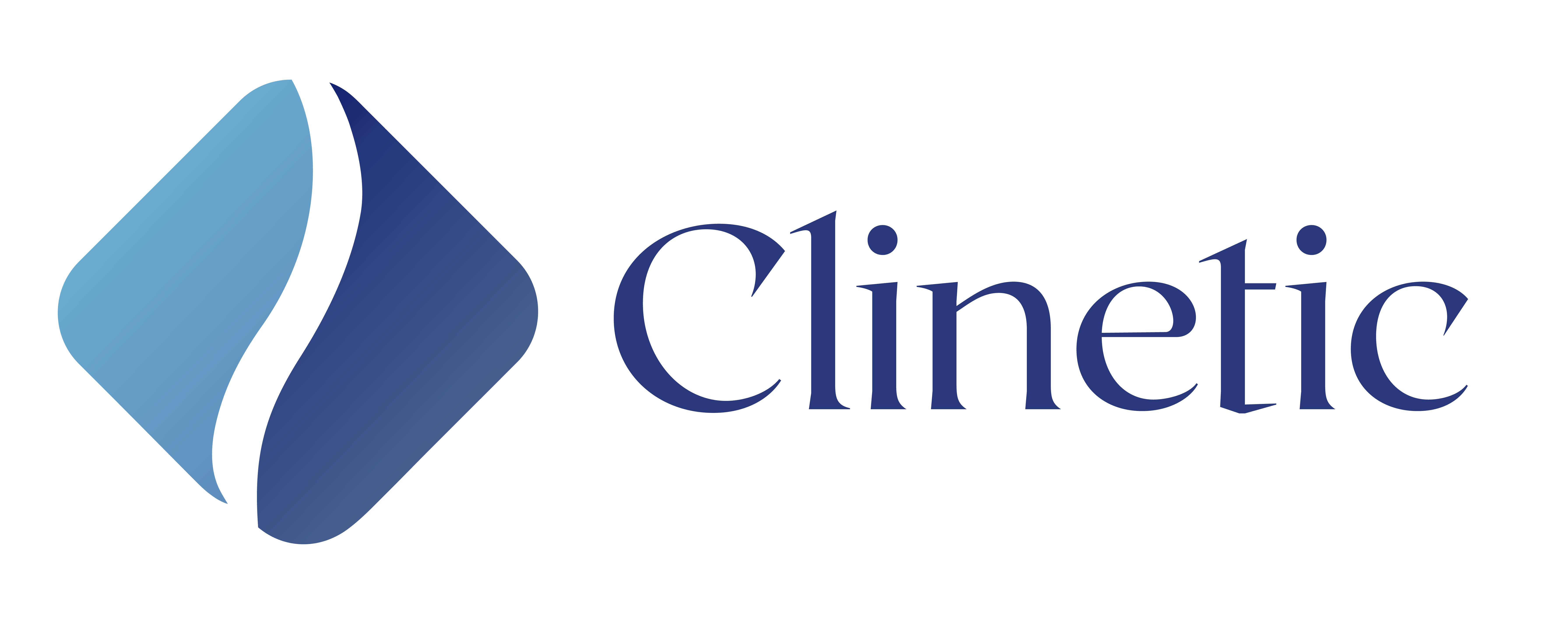Herniated Disc
What is a herniated disc?
A herniated disc is when the nucleus pulposus, or the shock absorber, of a spinal disc is pushed out of the exterior annulus fibrosis through a tear or rupture. It is sometimes referred to as a slipped disc or ruptured disc as well.
How does a herniated disc feel?
Herniated discs occur in the lower back or neck. Depending where the disc is, leg or arm pain, weakness, or numbness may be experienced. Some people do not experience any symptoms with a herniated disc. Seek medical attention if neck or back pain travels down your arm or leg, or if numbness, tingling, or weakness is felt.
Some factors that can cause neck and back herniated discs include:
- Injuries, such as whiplash
- Degenerative Disc Disease (DDD)
- Genetics
- Overuse syndrome
- Poor posture
- A physically demanding job
How is a herniated disc treated or managed?
Common treatment options include:
- Interferential current
- TENS
- Chiropractic and massage therapy
- Laser therapy
- Rehabilitation exercises
- Acupuncture
- Ultrasound
- Manual therapy
- Dry needling

